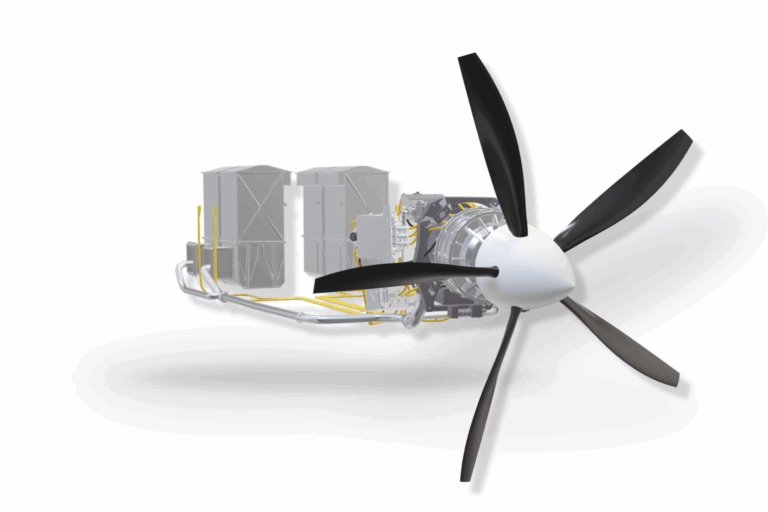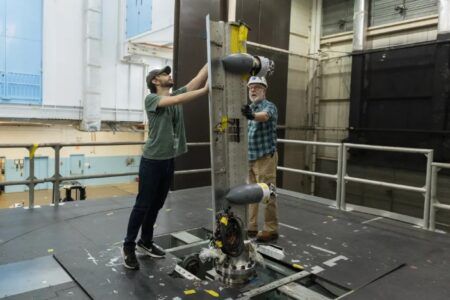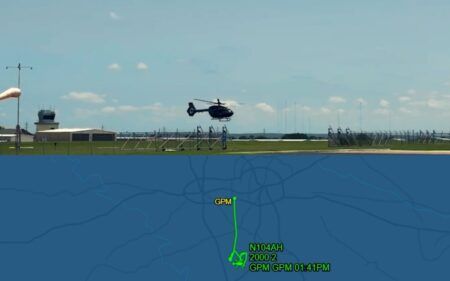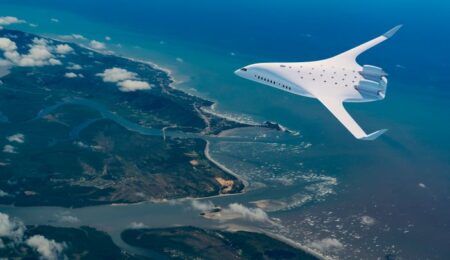ZeroAvia has reached consensus with the Federal Aviation Administration (FAA) on an agreed and fully signed P-1 Special Conditions Issue Paper regarding certification of its 600kW electric propulsion system.
The P-1 follows issuance of the FAA G-1 in February and documents the special conditions applicable to ZeroAvia’s electric propulsion technology to be addressed in the certification process with the regulator.
Once the FAA’s Special Conditions rule is finalized and published in the Federal Register, the means of compliance for the electric propulsion system meeting those conditions will be determined in the next certification stage.
ZeroAvia said that progressing from the G-1 to the P-1 marks a milestone on the journey toward certification of its electric propulsion system and on the path toward certifying the company’s first fully hydrogen-electric powertrain with the UK CAA.
ZeroAvia’s 600kW electric propulsion system combines the company’s proprietary inverter and electric motor technology to deliver an electric engine with high fault tolerance and specific power. The 600kW electric propulsion system comprises four ZeroAvia 200kW continuous power bidirectional inverters converting DC power to AC to supply ZeroAvia’s direct drive motor, capable of 2,200rpm.
ZeroAvia launched a component offering in May 2024 to serve the market for novel electric air transport applications. Potential applications for the 600kW electric propulsion system include battery, hybrid and fuel cell electric fixed-wing aircraft, rotorcraft and unmanned aerial vehicles.
The electric propulsion system is one part of ZeroAvia’s portfolio of hydrogen and electric aviation technology, resulting from the company’s strong commitment to vertical integration.
The complete ZA600 hydrogen-electric powertrain is being developed for use by commercial aircraft of up to 20 seats. It combines the electric propulsion system with a hydrogen fuel cell power generation system.
ZeroAvia has tested a prototype of the ZA600 hydrogen-electric engine aboard a Dornier 228 aircraft at its UK base.
The company also has an engineering partnership with Textron Aviation as it looks to secure a supplemental type certificate for the Cessna Grand Caravan as the launch airframe for the ZA600. In May, the company announced RVL Aviation as its UK launch customer for the world’s first hydrogen-electric commercial service route.
“Getting this electric propulsion system certified and into service will be a monumental leap in the next great transition in aviation, from fossil fuel combustion to electric aviation,” said Val Miftakhov, founder and CEO of ZeroAvia. “Electrifying aviation will deliver a step change in efficiency plus steep reductions in operating costs by overcoming volatile fuel prices and the costly maintenance of complex, high-intensity combustion engines.”
“Air travel has been bringing the world together for more than a century, but we can do better for passengers trying to get to and from underserved communities, hours away from a hub airport,” he added.





